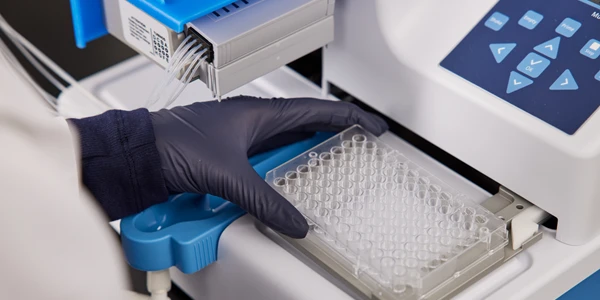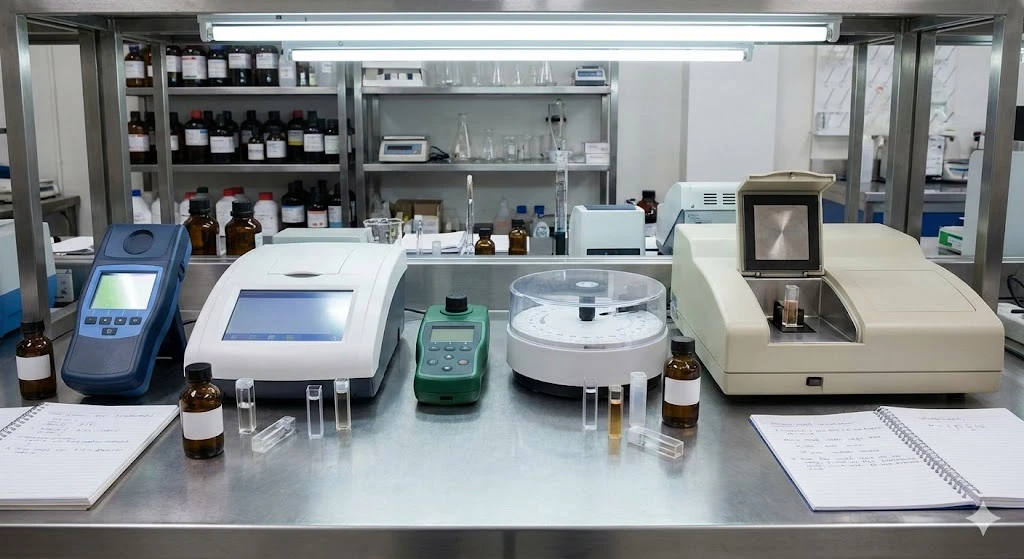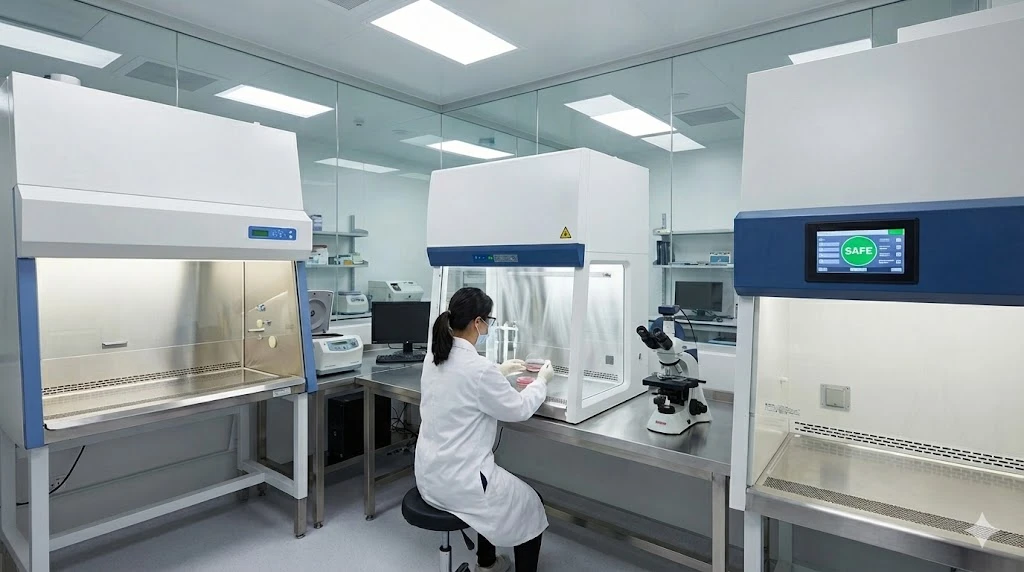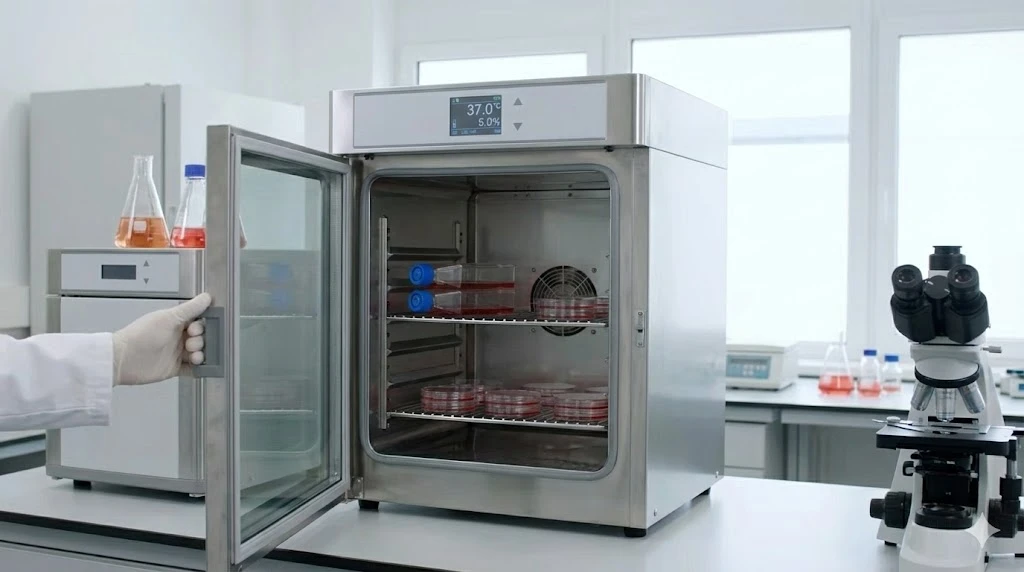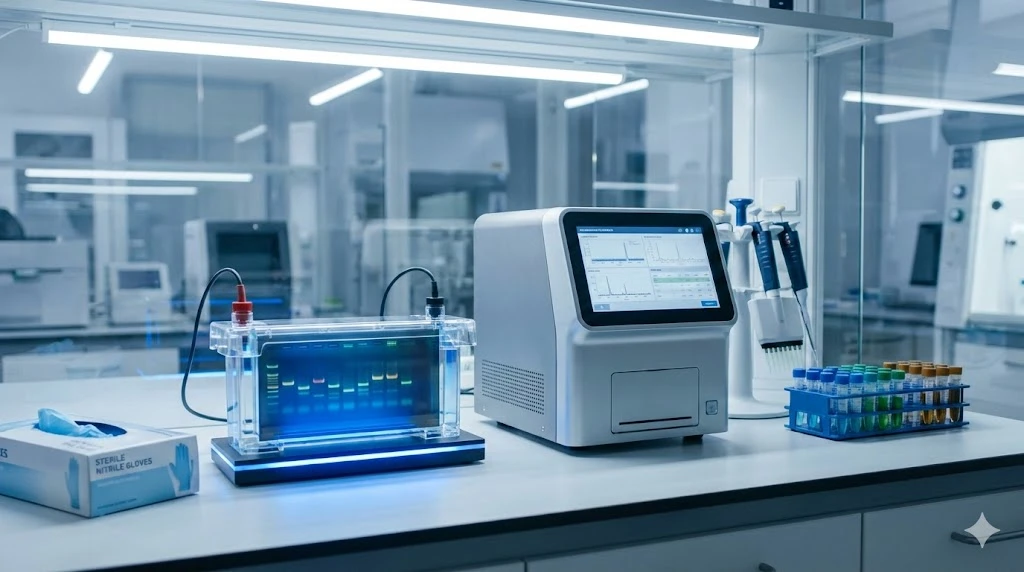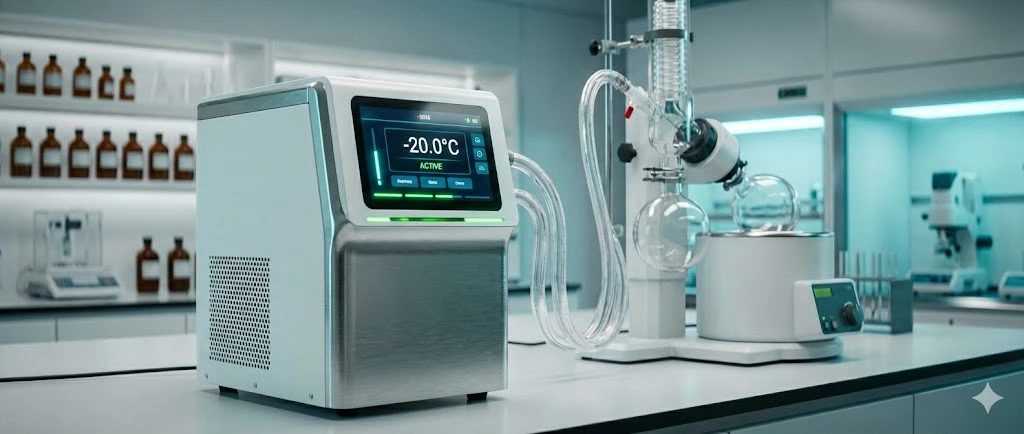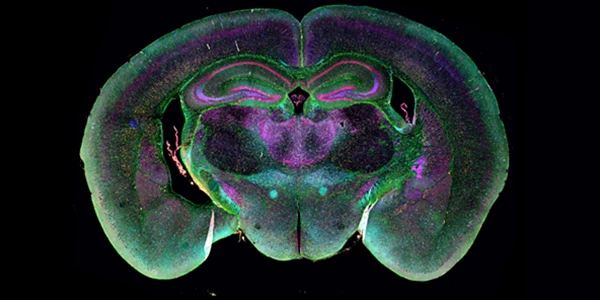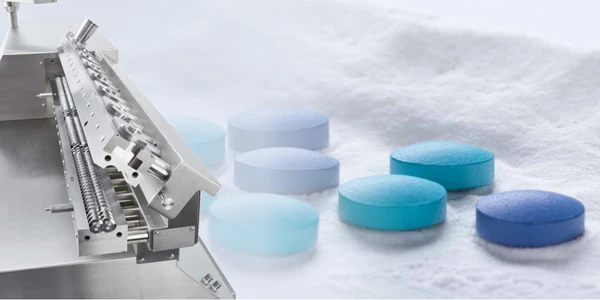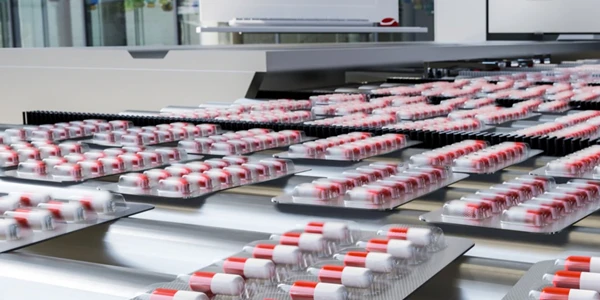The Best Laboratory Freezers of 2026: A Buyer's Review of Price and Features
Selecting the best laboratory freezers involves balancing temperature uniformity, energy efficiency, and long-term reliability to ensure sample integrity. Laboratory freezers serve as the backbone of biobanking, pharmaceutical storage, and academic research, where a single temperature deviation can compromise years of work. This article evaluates the top equipment for 2026, focusing on recent technological advancements such as adaptive compressors, natural refrigerants, and smart connectivity features that reduce operational costs while maximizing sample protection. Best Overall: TSX Universal Series — Thermo Fisher Scientific Delivers a premier balance of adaptive performance, silence, and sustainability. Best for Smart Features: VIP ECO SMART Series — PHCbi Features advanced security options like facial recognition and inverter technology. Best for Sustainability: SU780XLE — Stirling Ultracold Uses a compressor-free Stirling engine for the widest temperature range and low heat output. Best On A Budget: Salvum Ultimate (DW-86L Series) — Haier Biomedical Provides excellent energy efficiency and reliable storage at a competitive price point. Best For Reliability: CryoCube F570 Series — Eppendorf Known for robust construction, fast recovery times, and straightforward durability. Price Range: $16,000 – $34,000 USD
Best For: High-End / Best Overall The Thermo Scientific TSX Universal Series represents the newest generation of ultra-low temperature (ULT) storage, released to replace legacy platforms with a focus on adaptability. These units distinguish themselves by adapting to the user's workflow—optimizing performance whether the lab requires "high-performance" mode for frequent door openings or "energy-savings" mode for long-term archival. Key Specs Temperature Range: -50°C to -86°C Capacity: Available in sizes from 549 L to 949 L (approx. 19 to 33.5 cu. ft.) Cooling Technology: V-Drive adaptive variable-speed compressor Refrigerant: Natural, EPA SNAP-compliant refrigerants (R290/R170) Certifications: ENERGY STAR certified; My Green Lab ACT labeled Performance & Applications
This model excels in busy biobanks and pharmaceutical labs where door openings occur frequently. The V-Drive technology detects usage patterns and adjusts compressor speed to recover temperatures quickly without the energy spikes typical of single-speed compressors. Its "Universal" designation refers to its ability to handle diverse voltage inputs and usage intensities, making it a versatile choice for global research facilities. The whisper-quiet operation allows placement directly within the lab workspace without disrupting personnel, while cloud connectivity options facilitate remote monitoring of critical samples. Price Range: $17,000 – $25,000 USD
Best For: Smart Features / Security PHCbi (formerly Panasonic Healthcare) introduced the VIP ECO SMART series to address the growing need for digital integration and heightened security in laboratory environments. Released recently (circa 2023/2024), this line builds upon the successful VIP ECO platform by integrating advanced inverter compressors with a suite of digital access controls, winning industry awards for its innovative design. Key Specs Temperature Range: -50°C to -86°C Capacity: 729 L (25.7 cu. ft.) and other variations Security: Facial recognition, NFC, and keypad entry Insulation: VIP PLUS vacuum insulation panel technology Energy Consumption: Industry-leading 5.4 kWh/day (at -80°C) Performance & Applications
The VIP ECO SMART is ideal for facilities handling sensitive or proprietary data, such as forensic labs or commercial biotech firms. The standout feature remains its security interface, which eliminates physical keys in favor of facial recognition or NFC cards, automatically logging who accesses the unit and when. Operationally, the inverter compressor maximizes efficiency by running at lower speeds to maintain stability rather than cycling on and off. This stability minimizes temperature fluctuations, rendering it suitable for highly sensitive enzymes and biological reagents that degrade with thermal stress. Price Range: $20,000 – $28,000 USD
Best For: Sustainability / Versatility Stirling Ultracold continues to disrupt the market with the SU780XLE, a freezer that eschews standard cascading compressor systems in favor of a free-piston Stirling engine. This mechanical difference results in a unit with moving parts that float on helium gas bearings, eliminating wear and oil management issues. It remains a top choice for 2026 due to its unmatched temperature flexibility and environmental profile. Key Specs Temperature Range: -20°C to -86°C (widest in class) Capacity: 780 L (27.5 cu. ft.) Cooling Engine: Free-piston Stirling engine (no compressors) Energy Efficiency: Uses 70-75% less energy than standard compressor units Heat Output: Significantly reduced heat rejection into the room Performance & Applications
This model suits sustainability-focused institutions and labs with limited HVAC capacity. Because the Stirling engine generates minimal heat, facilities save on air conditioning costs, further lowering the total cost of ownership. The unit’s ability to hold steady at any setpoint between -20°C and -86°C allows labs to repurpose the freezer for different study requirements without buying separate equipment. It proves particularly effective for core facilities that need to switch between storing standard reagents and deep-frozen tissue samples. Shop Stirling Ultracold on LabX Price Range: $11,000 – $17,000 USD
Best For: Budget / Value Haier Biomedical has aggressively improved its ultra-low temperature offerings, with the Salvum Ultimate series providing a compelling balance of cost and performance. While positioned as a value option, it incorporates hydrocarbon refrigeration and frequency conversion technology often reserved for premium models. It allows smaller labs and startups to access energy-efficient storage without the premium price tag of western legacy brands. Key Specs Temperature Range: -40°C to -86°C Capacity: Wide range from 579 L to 959 L Refrigerant: HC (Hydrocarbon) natural refrigerants Noise Level: Ultra-low noise design (approx. 43.5 dB) Display: 10-inch LCD touch screen Performance & Applications
The Salvum Ultimate functions well in academic startup labs, hospital clinics, and general storage applications where budget constraints exist but energy compliance is still required. The "Smart Frequency" technology alters the compressor speed to match demand, significantly dropping energy consumption compared to older fixed-speed models. While it may lack some of the granular connectivity features of the TSX or VIP ECO SMART, it delivers reliable -80°C storage for standard DNA/RNA libraries and plasma samples. Price Range: $15,000 – $21,000 USD
Best For: Reliability / Speed The Eppendorf CryoCube F570 prioritizes physical robustness and temperature recovery. Known for its heavy-duty construction and ergonomic door handle, the F570 series focuses on the physical interaction between the user and the machine. It remains a favorite for 2026 for high-traffic labs that value mechanical durability over digital bells and whistles. Key Specs Temperature Range: -50°C to -86°C Capacity: 570 L (20.1 cu. ft.) Insulation: Vacuum insulation panels + polyurethane foam Cooling Liquids: Green, hydrocarbon-based (R290/R170) Pull-down Time: Fast recovery after door openings Performance & Applications
Eppendorf designs the CryoCube F570 for heavy daily use. The reinforced outer door and specialized gaskets ensure a tight seal even after years of repetitive opening and closing. This model fits perfectly in shared equipment corridors or university departments where multiple researchers access the freezer throughout the day. Its rapid pull-down time ensures that samples return to safe storage temperatures quickly, minimizing transient warming events that can affect cell viability in sensitive cell lines. Model Best For Key Features Typical Price Range Thermo Scientific TSX Universal Overall / High-End V-Drive adaptive cooling, silent operation, ACT Label $16,000 – $34,000 PHCbi VIP ECO SMART Smart Features Facial recognition lock, inverter compressor, 5.4 kWh/day $17,000 – $25,000 Stirling Ultracold SU780XLE Sustainability Compressor-free Stirling engine, -20°C to -86°C range $20,000 – $28,000 Haier Salvum Ultimate Budget / Value Frequency conversion, HC refrigerants, 10-inch touch screen $11,000 – $17,000 Eppendorf CryoCube F570 Reliability Robust ergonomics, fast temp recovery, heavy-duty gaskets $15,000 – $21,000 Selecting the right equipment requires analyzing specific laboratory workflows rather than simply chasing the lowest price tag. The best laboratory freezers of 2026 prioritize energy efficiency and sample security, with models like the Thermo Fisher TSX Universal and PHCbi VIP ECO SMART leading the market in innovation. Labs facing strict sustainability mandates benefit most from Stirling Ultracold’s engine technology, while budget-conscious facilities find high value in Haier’s Salvum line. Ultimately, investing in a high-quality freezer protects the most valuable asset in any laboratory: the samples themselves. This article was created with the assistance of Generative AI and has undergone editorial review before publishing.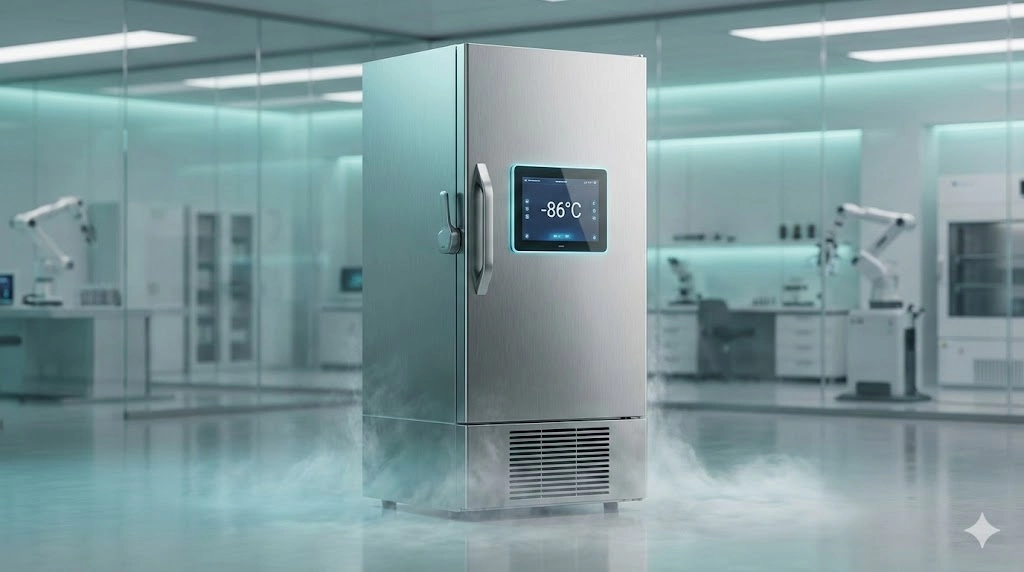
Quick Summary: Top Picks for 2026
TSX Universal Series – Thermo Fisher Scientific
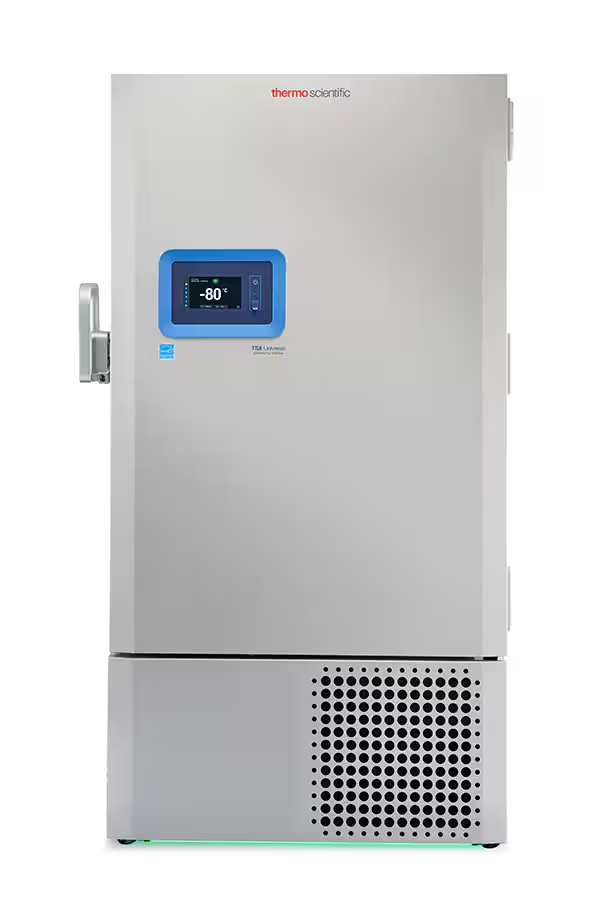
VIP ECO SMART Series – PHCbi
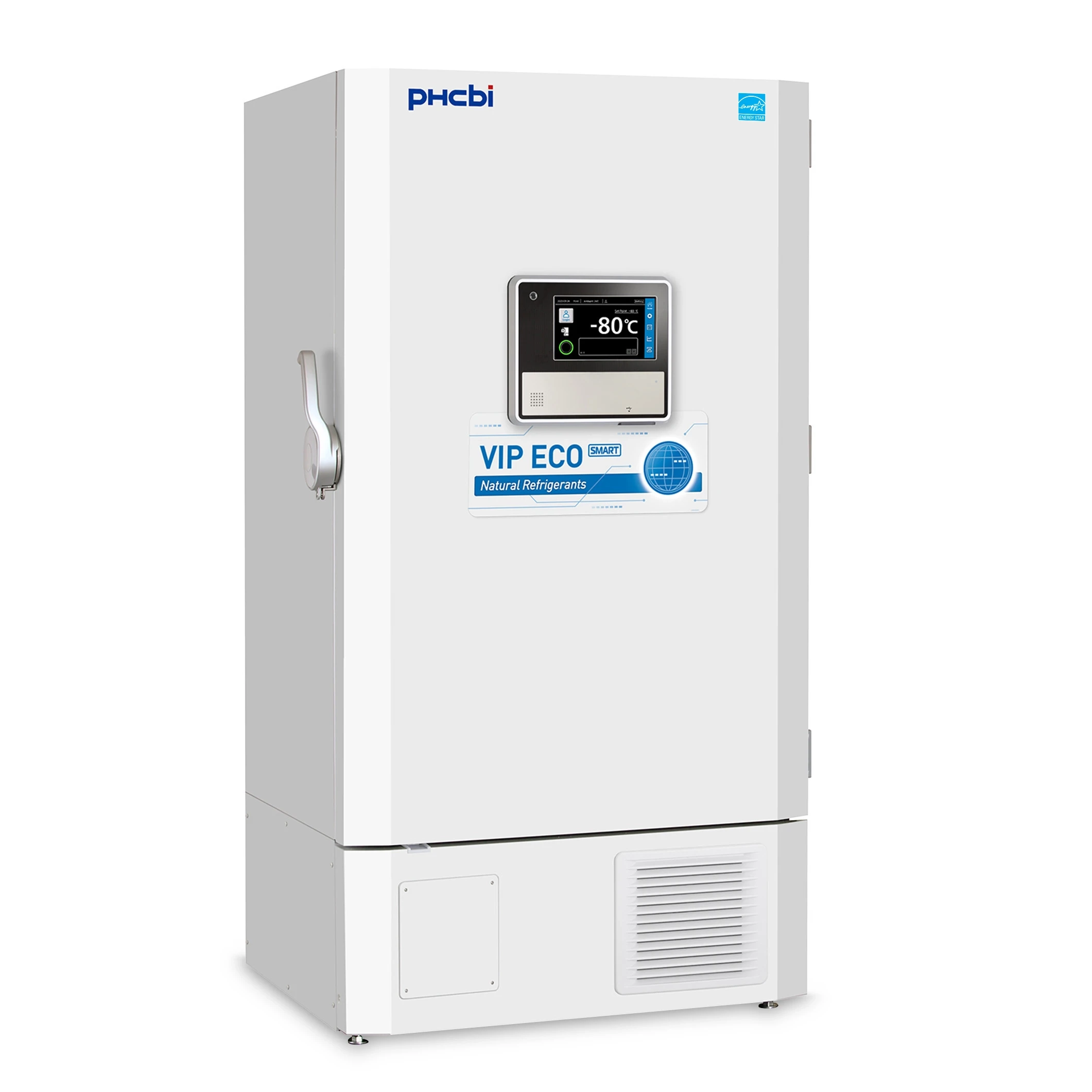
SU780XLE – Stirling Ultracold
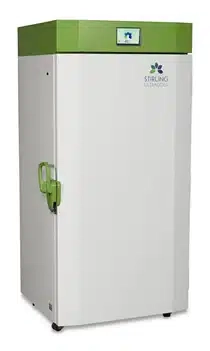
Salvum Ultimate (DW-86L Series) – Haier Biomedical
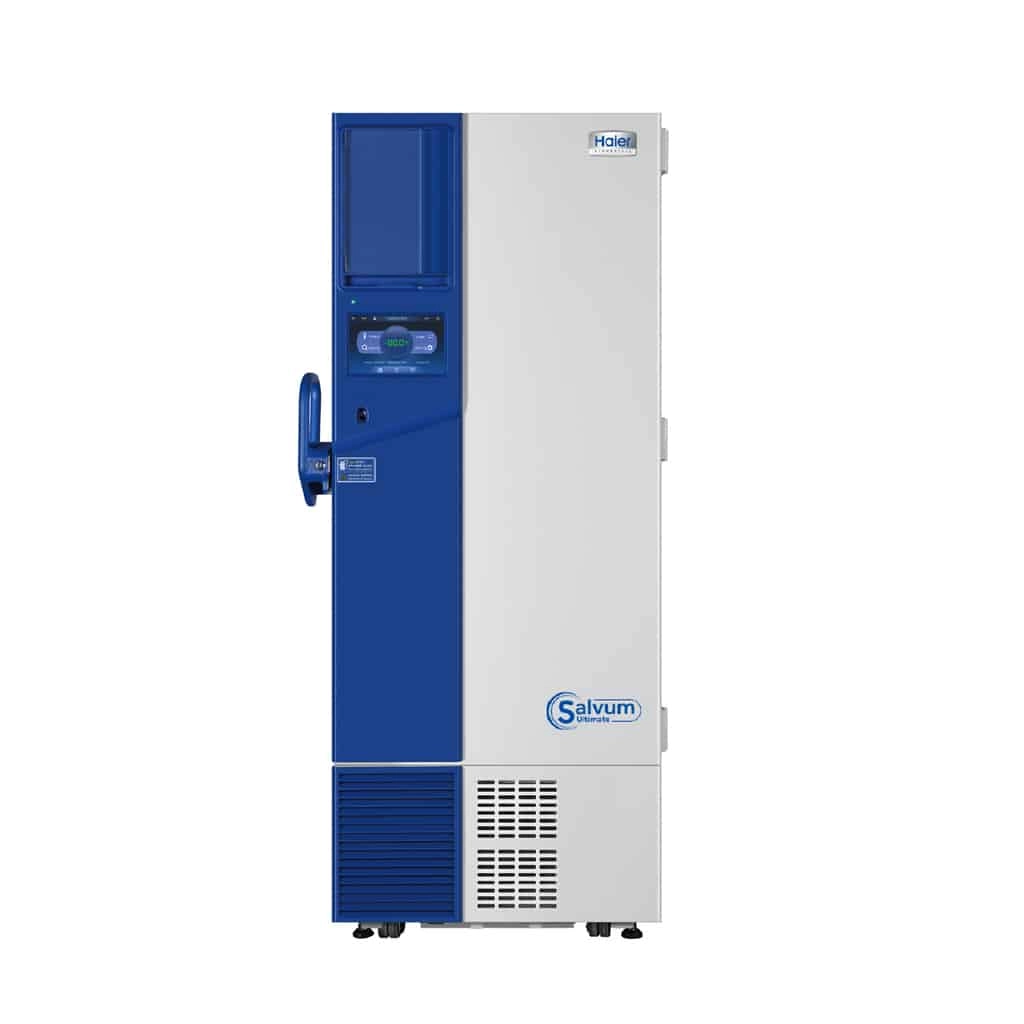
CryoCube F570 Series – Eppendorf
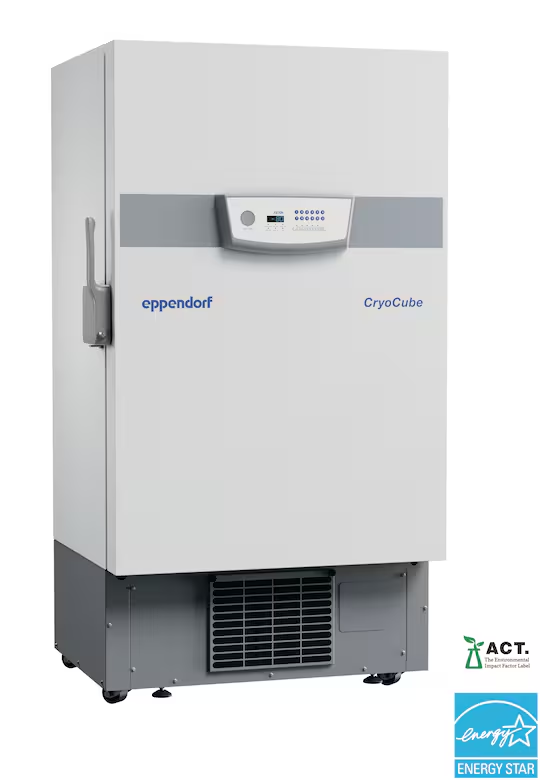
Comparison of Top Laboratory Freezers
Conclusion: Choosing the Right Laboratory Freezers
